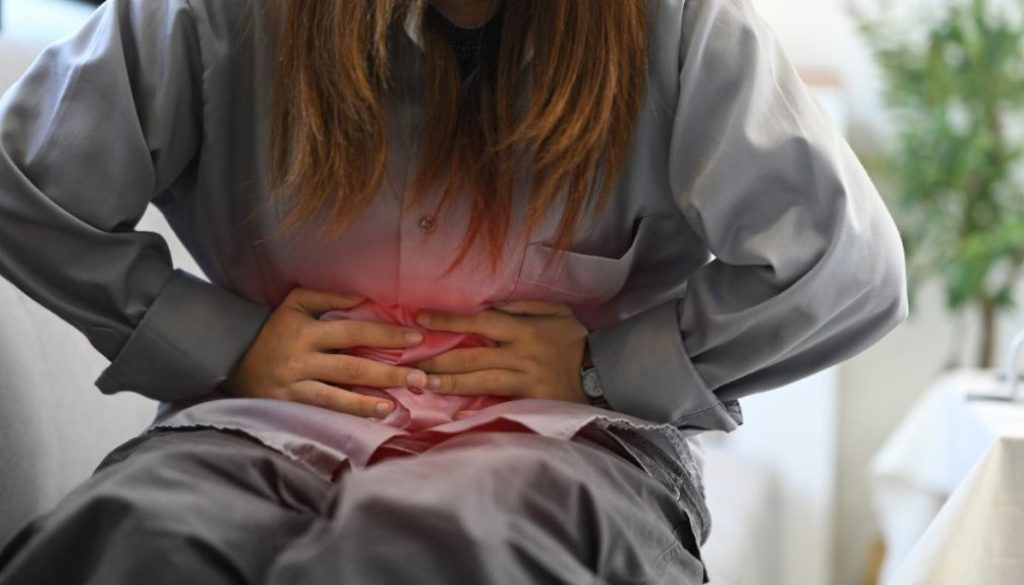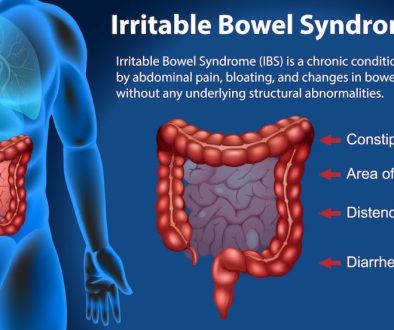Gut Health Conditions: Understanding IBS, Crohn’s Disease, and Ulcerative Colitis
Gut health is critical to overall well-being, influencing digestion, immunity, and even mental health. Various conditions can disrupt this delicate balance, leading to significant discomfort and health complications. This article provides an overview of three common gut health conditions: Irritable Bowel Syndrome (IBS), Crohn’s Disease, and Ulcerative Colitis. Understanding these conditions can help individuals recognize symptoms, seek appropriate treatment, and make informed lifestyle choices.
1. Irritable Bowel Syndrome (IBS)
Overview
IBS is a functional gastrointestinal disorder characterized by chronic abdominal pain, bloating, gas, and altered bowel habits, including diarrhea and constipation. The exact cause of IBS is not well understood, but it is believed to involve a combination of gut motility issues, gut-brain axis dysfunction, and changes in gut microbiota.
Symptoms
- Abdominal pain or cramping
- Bloating and gas
- Diarrhea or constipation (or alternating between both)
- Mucus in the stool
Diagnosis and Treatment
IBS is diagnosed based on symptoms and exclusion of other gastrointestinal diseases. Treatment typically includes dietary modifications (such as the Low FODMAP diet), stress management techniques, and sometimes medications to alleviate symptoms.
2. Crohn’s Disease
Overview
Crohn’s Disease is a type of inflammatory bowel disease (IBD) that causes inflammation of the digestive tract, affecting any part from the mouth to the anus. The exact cause remains unknown, but it is thought to involve genetic, environmental, and immune system factors.
Symptoms
- Persistent diarrhea
- Abdominal pain and cramping
- Fatigue
- Weight loss
- Reduced appetite
Diagnosis and Treatment
Diagnosis often involves a combination of medical history, physical exams, endoscopic procedures, imaging studies, and laboratory tests. Treatment aims to reduce inflammation and control symptoms, often through medications such as anti-inflammatory drugs, immune system suppressors, and biologics. In severe cases, surgery may be required to remove damaged portions of the digestive tract.
3. Ulcerative Colitis
Overview
Ulcerative Colitis is another form of IBD that specifically affects the colon (large intestine) and rectum. It is characterized by inflammation and ulceration of the colonic mucosa. Like Crohn’s disease, the exact cause of Ulcerative Colitis is unclear, but it may involve genetic and environmental factors.
Symptoms
- Frequent and urgent bowel movements
- Abdominal pain and cramping
- Blood or pus in the stool
- Fatigue
- Weight loss
Diagnosis and Treatment
Diagnosis is similar to that of Crohn’s Disease, typically involving endoscopy and biopsy. Treatment focuses on reducing inflammation and maintaining remission, using anti-inflammatory medications, immunosuppressants, and biologics. In severe cases, surgical options may include colectomy, the removal of part or all of the colon.
Lifestyle and Management Strategies
While medical treatment is essential for managing these gut health conditions, lifestyle modifications can significantly enhance quality of life:
- Diet: Individualized dietary changes can help manage symptoms. For instance, patients with IBS may benefit from a Low FODMAP diet, while those with Crohn’s or Ulcerative Colitis may need to identify specific food triggers.
- Stress Management: Techniques such as yoga, meditation, and mindfulness can help reduce stress, which often exacerbates symptoms.
- Regular Exercise: Physical activity promotes overall gut health and can alleviate some digestive symptoms.
- Hydration: Maintaining adequate hydration is essential, especially for those experiencing diarrhea.
References
- Lacy, B.E., et al. (2016). “Irritable Bowel Syndrome: A Comprehensive Review.” Journal of Gastroenterology and Hepatology, 31(1), 22-34.
- Baumgart, D.C., & Sandborn, W.J. (2007). “Crohn’s Disease.” Lancet, 370(9602), 459-472.
- Kuehn, B.M. (2017). “Ulcerative Colitis: What You Need to Know.” Journal of the American Medical Association, 318(15), 1433-1434.




